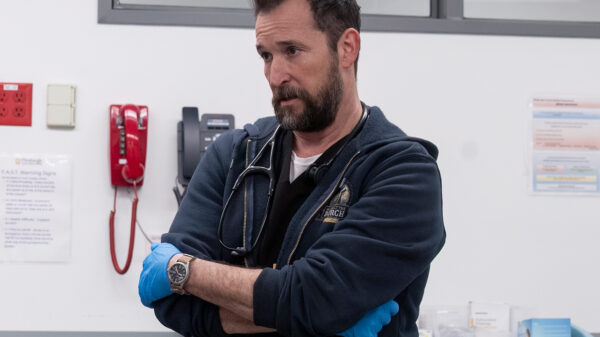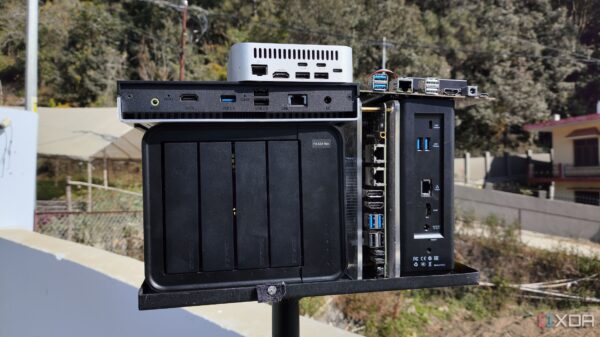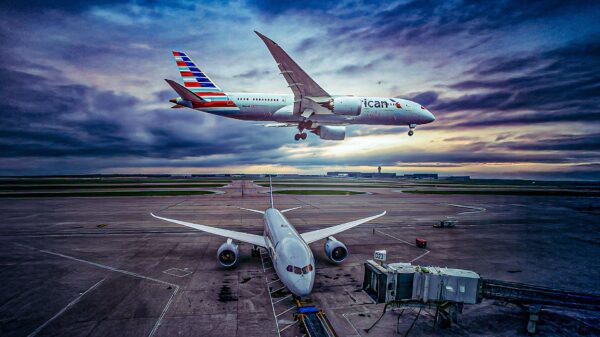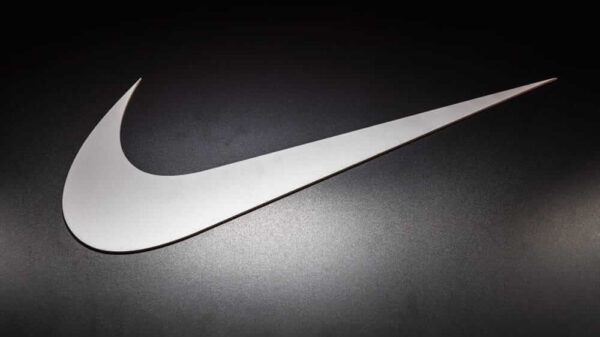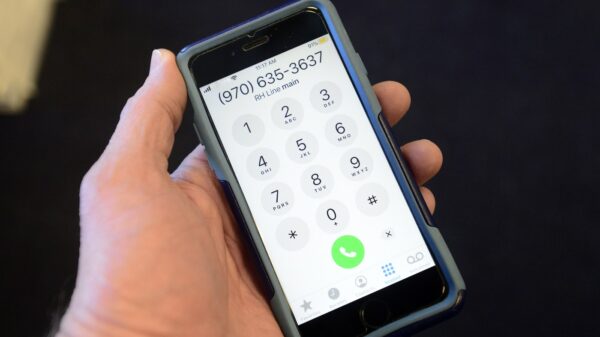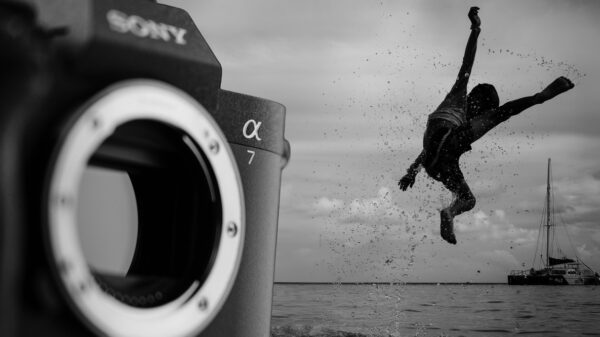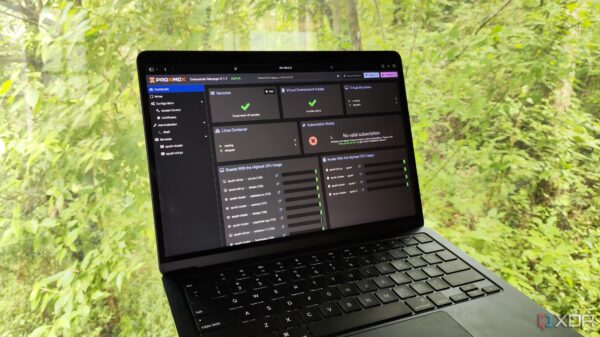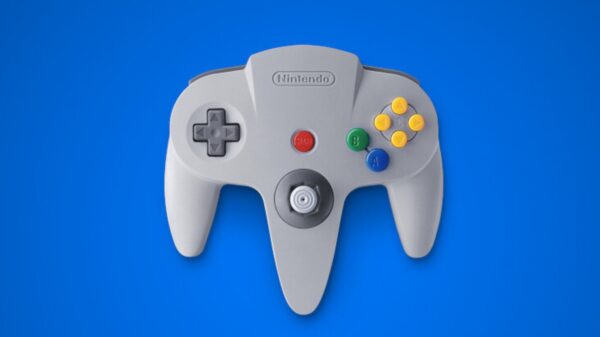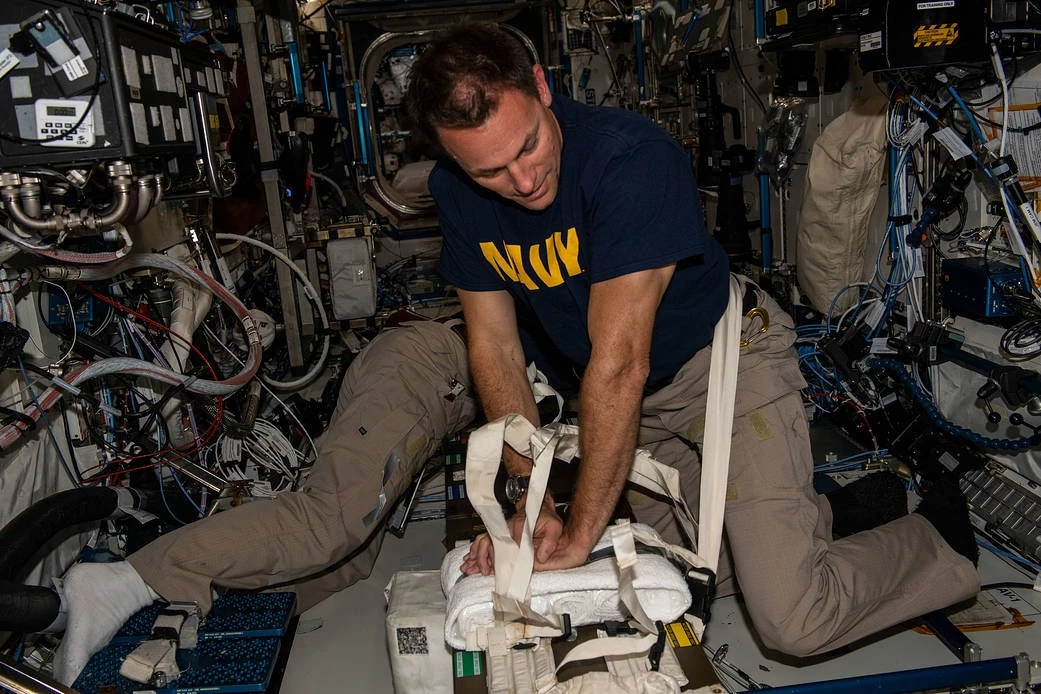Astronauts may soon benefit from a revolutionary approach to cardiopulmonary resuscitation (CPR) in the unique environment of space. A team of European cardiologists has been conducting tests on mechanical piston CPR, an alternative designed to function effectively in zero gravity. This innovative technique aims to improve the chances of survival for astronauts facing cardiac emergencies while in orbit.
Cardiopulmonary resuscitation, which has been a critical life-saving technique since its modern version was established in the 1960s, poses significant challenges in space. The traditional method relies heavily on gravity to facilitate blood circulation, making it less effective in a zero-gravity environment. Recognizing this limitation, the European Space Agency (ESA) has supported research into alternative methods that can provide better outcomes for astronauts.
The mechanical piston CPR system utilizes a device that delivers consistent and effective chest compressions. This method ensures that blood is pumped through the body, even when the gravitational forces typically aiding the process are absent. According to the research team, this advancement could prove vital during missions to the Moon, Mars, or other destinations where immediate medical assistance is unavailable.
Recent trials conducted by the team demonstrated that the mechanical device can maintain blood flow at levels comparable to traditional CPR on Earth. Dr. Elena Rossi, a leading cardiologist involved in the research, stated, “Our tests have shown promising results; we are optimistic that this technology can significantly improve survival rates for astronauts facing cardiac issues in space.”
The potential implications extend beyond space exploration. Should this technology be further developed and refined, it could also enhance emergency medical response in remote or challenging environments on Earth. The versatility of mechanical piston CPR may allow for broader applications in various medical fields.
As the global interest in manned space missions continues to grow, particularly with plans for Mars exploration ramping up, the need for effective medical interventions in space becomes increasingly urgent. The work of these European cardiologists not only addresses a critical gap in astronaut safety but also opens doors for advancements in emergency medical care across various sectors.
The research is ongoing, with further tests planned to evaluate the long-term effectiveness and practicality of mechanical CPR in space. As this technology evolves, it holds the promise of keeping astronauts alive in circumstances where traditional methods fall short, making it a crucial development for the future of human space travel.


